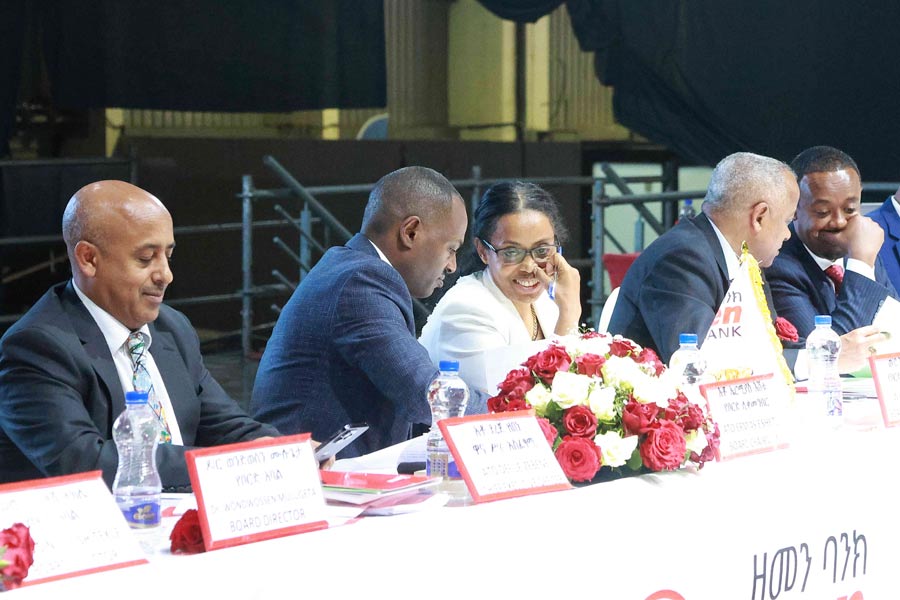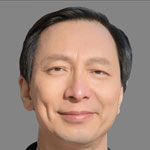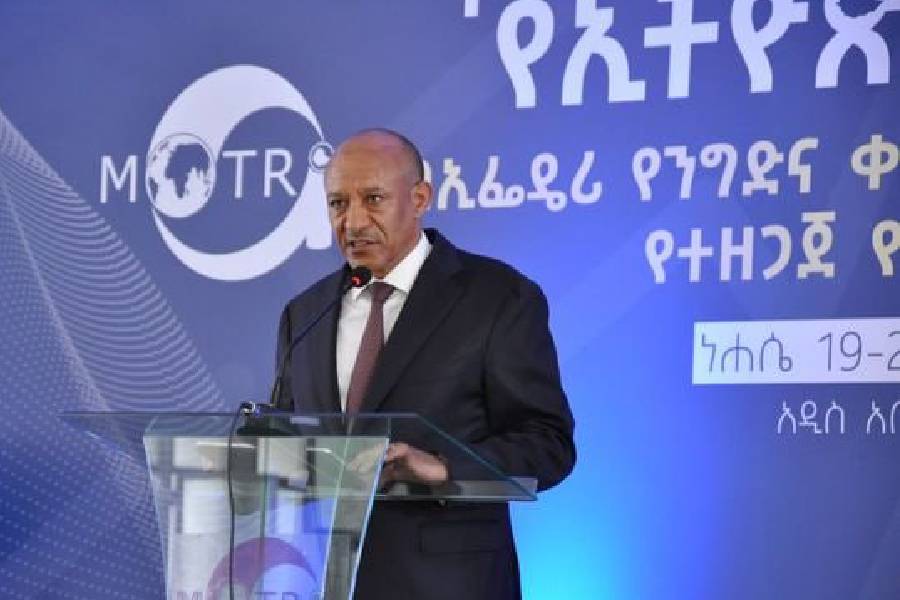
Oct 5 , 2024
By Shang-Jin Wei
As world leaders convened in New York for the United Nations General Assembly, the prospect of reforming the Security Council emerged as a major topic of discussion. A key question is whether the Council should add more permanent members.
Proponents of expansion argue that adding countries like India, Brazil, or Japan would make the Security Council more representative of the UN's membership. Critics, however, warn that adding more permanent members with veto power could cripple the Council, making it even less effective than it is now. There are 22 countries with larger populations than France, the smallest of the Security Council's current five permanent members. This group includes India, Brazil, Japan, Indonesia, Pakistan, the Philippines, Nigeria, Germany, Mexico, and Turkey. If new permanent members are added, calls for further expansion are likely to follow.
While both arguments are compelling, reform does not need to be an either/or proposition. By overhauling the Security Council's structure and veto system, it is possible to make it both more representative and more effective. Amid today's ongoing wars and conflicts, reform is urgently needed. The veto power wielded by the Security Council's permanent members severely impedes the UN's ability to act during major international crises, even when there is overwhelming global support for intervention.
The war in Ukraine is a case in point. Following its 2022 invasion of Ukraine, Russia's Security Council veto has ruled out UN sanctions, which is one reason why the European Union (EU) and the United States (US) imposed unilateral sanctions that often fail to account for other countries' interests. While some countries comply under pressure, the effectiveness of the sanction measures is significantly diminished without the UN's imprimatur.
The veto system can be traced back to the realpolitik of the postwar era. When the UN was founded, the Soviet Union insisted on the right to veto Security Council decisions, fearing it would be outvoted by the US and its allies. Then-US President Harry Truman demanded the same privilege, warning that without it, the Senate would not approve America's membership in the UN, just as it rejected Woodrow Wilson's effort to establish the League of Nations after World War I.
Between 1946 and 1969, the Soviet Union exercised 93pc of all vetoes, often to block the admission of new UN members. While the USSR routinely rejected US-backed candidates, the US vetoed Vietnam's admission six times. Since 1970, however, the US has wielded its veto power more than any other permanent member, often to shield Israel from critical resolutions.
Nowadays, many Security Council vetoes stand in stark contrast to the views held by the overwhelming majority of the international community. This disconnect has fueled widespread frustration, and the veto system is increasingly viewed as unfair, unethical, and outdated.
Given that the Security Council's current governance structure already undermines its ability to fulfil its mandate and maintain global peace, adding more permanent members might seem counterproductive. To balance greater representation and effectiveness, any expansion of the Council should be accompanied by meaningful reforms to the veto system. One way to do this is to expand the Council to 20 members, including 10 permanent seats, while allowing a supermajority, say 16 votes, to override a veto by any permanent member. This change would preserve the veto power without necessarily creating more impasses. To prevent newly added permanent members from abusing the system, they could be granted membership without veto rights.
To be sure, curtailing the veto privileges of the world's major powers would be challenging. But given that even a qualified veto would still enable them to wield disproportionate influence, they can learn to adapt. Allowing vetoes to be overridden by a supermajority would boost the UN's legitimacy, ultimately benefiting the Security Council's permanent members. And since these countries can already resist many UN actions, they should be open to this reform.
Making the Security Council more representative and enhancing its effectiveness are not mutually exclusive. The world will be a better place if both reforms – expanding its membership and limiting the veto – are implemented simultaneously.
PUBLISHED ON
Oct 05,2024 [ VOL
25 , NO
1275]


Fortune News | Nov 24,2024

Fortune News | Sep 09,2024

Radar | Jun 25,2022

Fortune News | Nov 05,2022

Editorial | Apr 27,2024

Photo Gallery | 175777 Views | May 06,2019

Photo Gallery | 165995 Views | Apr 26,2019

Photo Gallery | 156395 Views | Oct 06,2021

My Opinion | 136844 Views | Aug 14,2021

Dec 22 , 2024 . By TIZITA SHEWAFERAW
Charged with transforming colossal state-owned enterprises into modern and competitiv...

Aug 18 , 2024 . By AKSAH ITALO
Although predictable Yonas Zerihun's job in the ride-hailing service is not immune to...

Jul 28 , 2024 . By TIZITA SHEWAFERAW
Unhabitual, perhaps too many, Samuel Gebreyohannes, 38, used to occasionally enjoy a couple of beers at breakfast. However, he recently swit...

Jul 13 , 2024 . By AKSAH ITALO
Investors who rely on tractors, trucks, and field vehicles for commuting, transporting commodities, and f...

Oct 18 , 2025
The political establishment, notably the ruling party and its top brass, has become p...

Oct 11 , 2025
Ladislas Farago, a roving Associated Press (AP) correspondent, arrived in Ethiopia in...

Oct 4 , 2025
Eyob Tekalegn (PhD) had been in the Governor's chair for only weeks when, on Septembe...

Sep 27 , 2025
Four years into an experiment with “shock therapy” in education, the national moo...

Oct 18 , 2025 . By NAHOM AYELE
In a sweeping reform that upends nearly a decade of uniform health insurance contribu...

A bill that could transform the nutritional state sits in a limbo, even as the countr...

Oct 18 , 2025 . By SURAFEL MULUGETA
A long-planned directive to curb carbon emissions from fossil-fuel-powered vehicles h...

Oct 18 , 2025 . By BEZAWIT HULUAGER
Transaction advisors working with companies that hold over a quarter of a billion Bir...